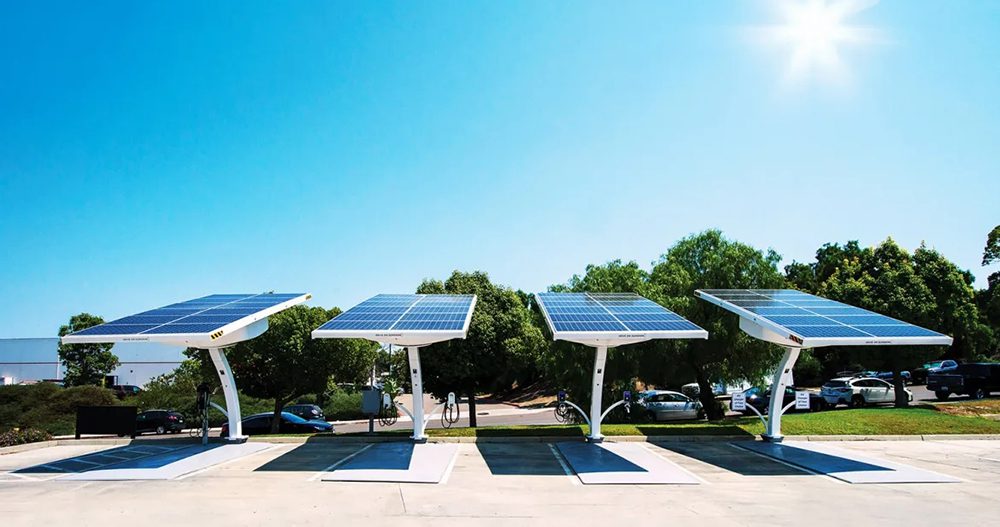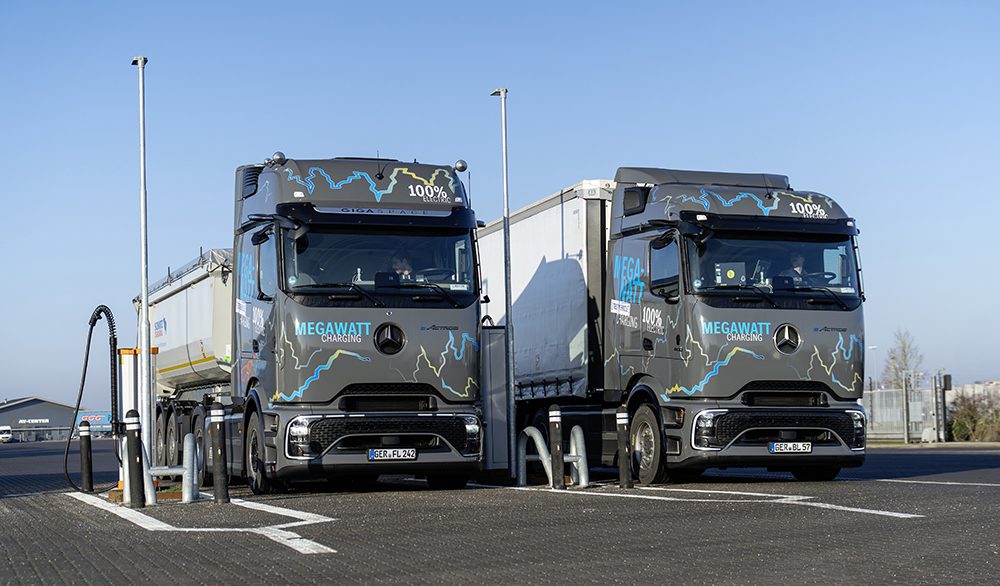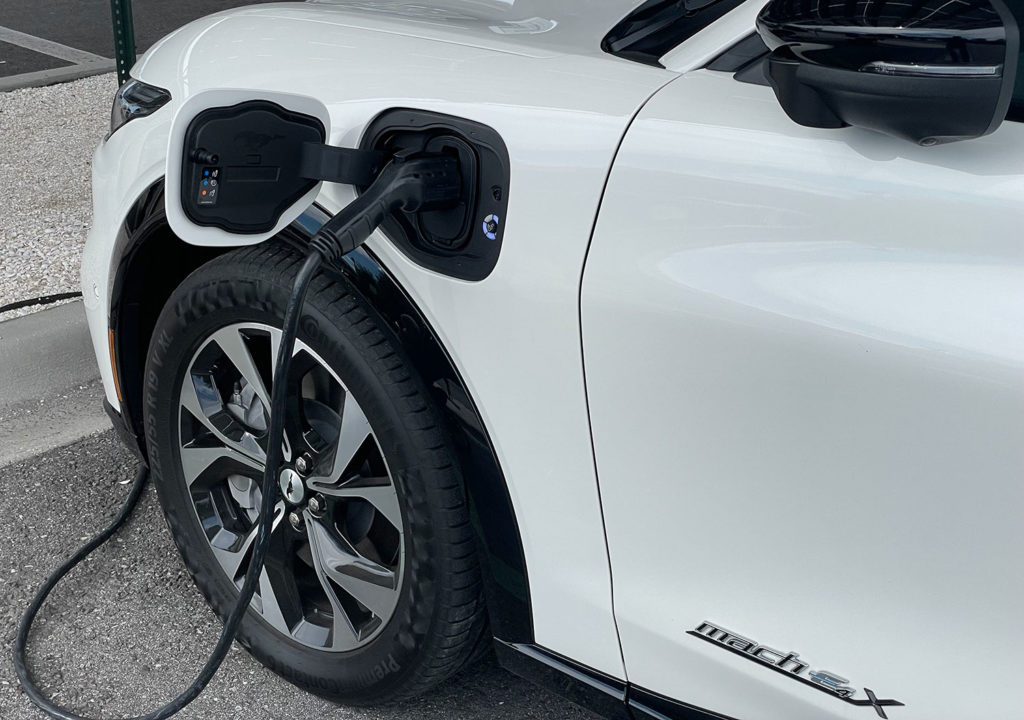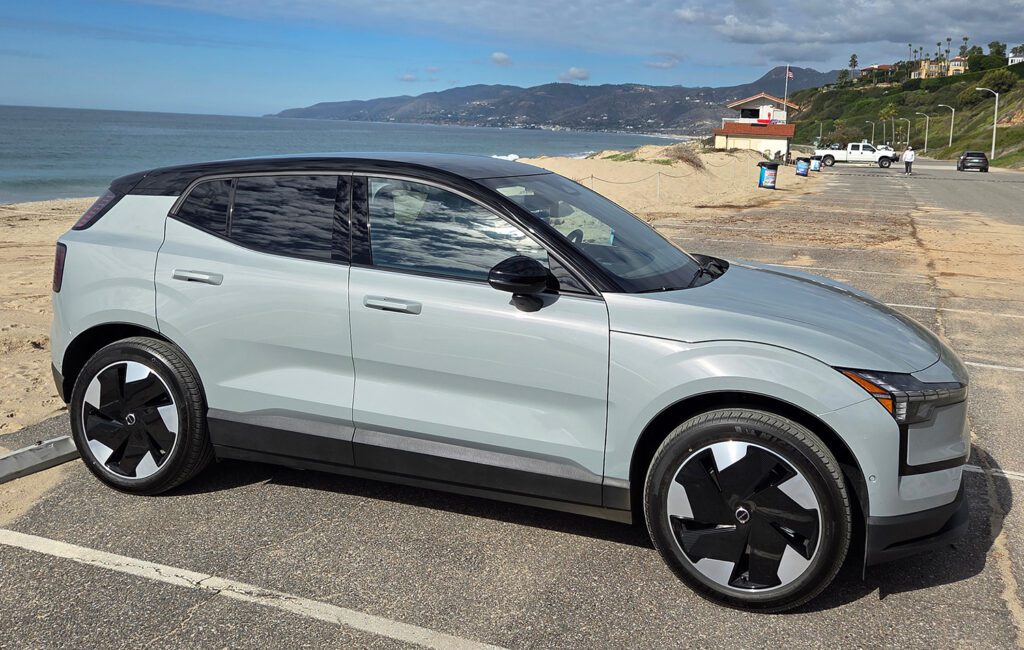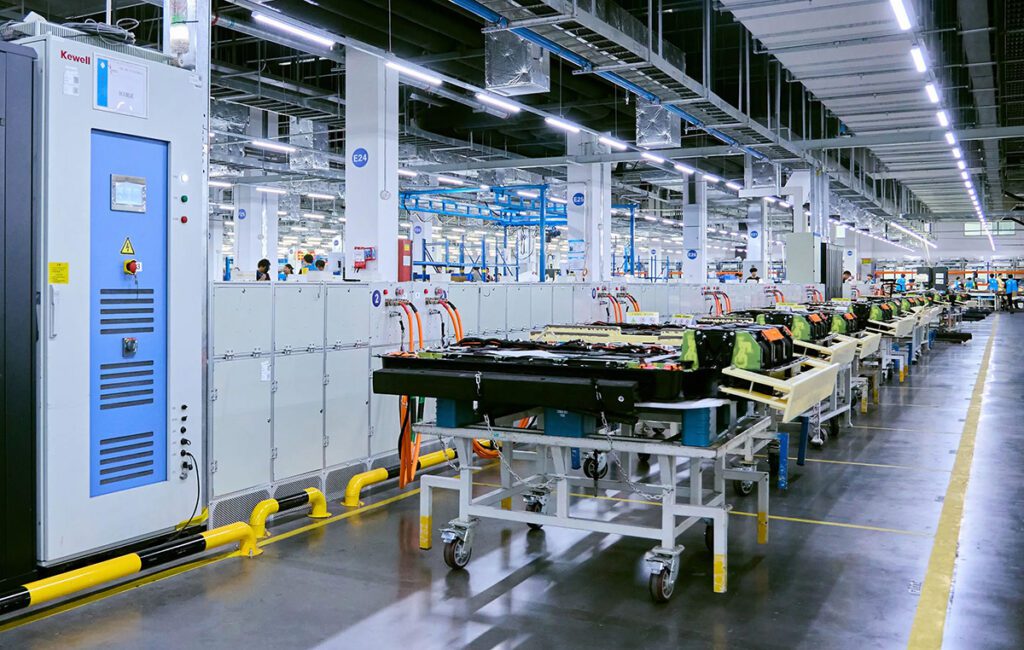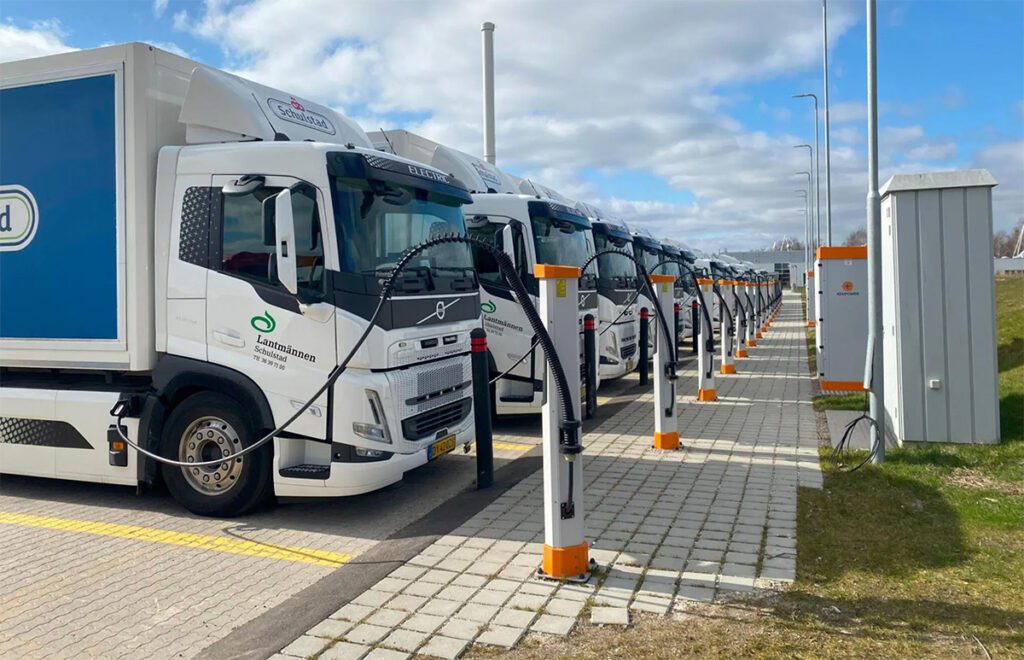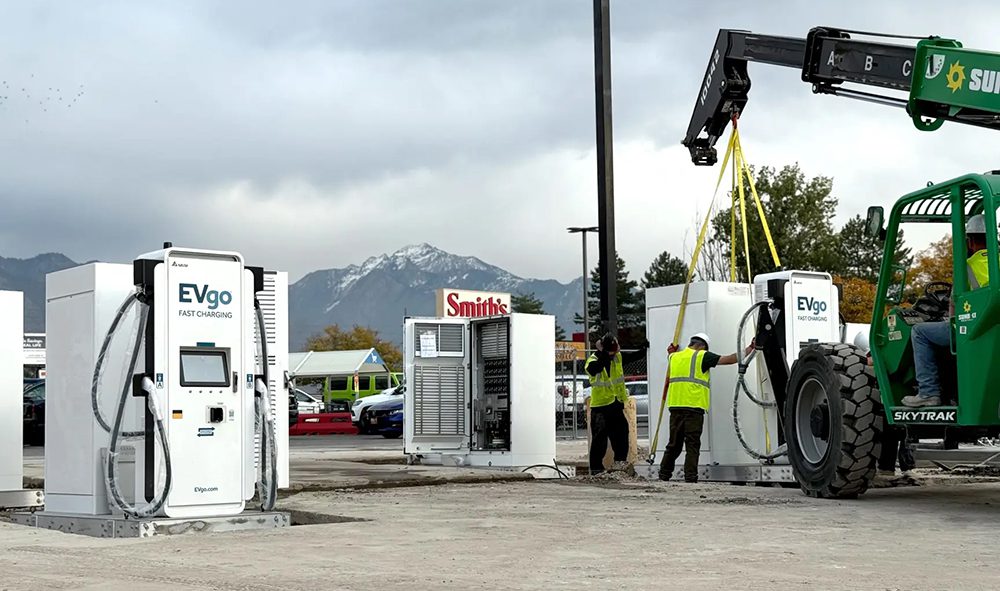Last week, Bill Ford told an eclectic crowd of writers and bloggers how he was an environmentalist back in the 1970s, when environmentalism wasn’t cool, at least not in the automotive industry.
Last week, I had the privilege of attending the Go Further With Ford conference in Detroit, and the foremost question in my mind was, How serious is Ford about EVs? As I don’t own a crystal ball, I can’t say how successful the company’s new line of electrified vehicles will be, but in light of what I saw and heard at Ford headquarters, there is no doubt in my mind that Executive Chairman Bill Ford is a true green believer, and that his vision of sustainable mobility is inspiring the company.

At Ford Field, a stadium which was converted from an old warehouse, takes advantage of natural light, and incorporates a lot of recycled materials, Bill Ford told an eclectic crowd of writers and bloggers how he was an environmentalist back in the 1970s, when environmentalism wasn’t cool, at least not in the automotive industry. The company powers-that-be “thought I was a Bolshevik,” he said, and instructed him not to consort with any “known or suspected environmentalists.”
Forty years later, Bill Ford is one of the powers, the proud owner of a Ford Focus Electric with serial number 1, and a tireless advocate for green policies. He pointed out that in the past, driving a green car meant sacrificing performance or safety, but today, “technology means that we can have it all.” Bill is confident that in his lifetime, we will solve the problems associated with automobile emissions, by harnessing “either electricity or hydrogen” (wish he’d left out that last bit).
Support for sustainable mobility was echoed by other leaders at Ford. Global VP of Design J Mays noted that “Bill has been pushing electrification for 10 years.” Textiles and other vehicle parts are increasingly being made from recycled materials. Ford’s designers know that “Bill wants it green.” Ford’s vehicles are 85% recyclable, and the company’s goal is to make it 100%. In recent years, the automaker has cut its waste, carbon emissions and water use in half. Ford also monitors its suppliers to make sure their waste streams are as green as possible.
Image: Ford




































































